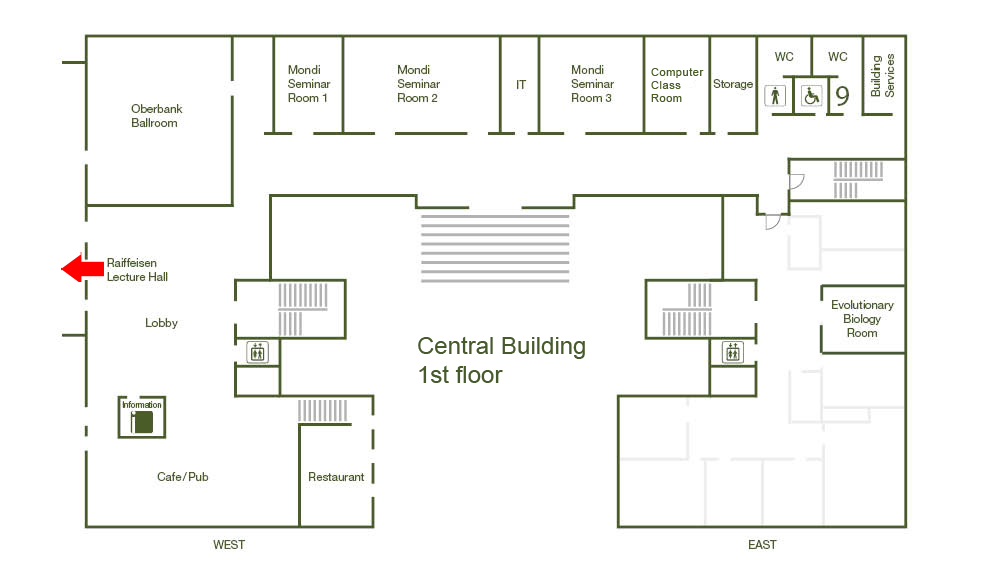Institute Colloquium: High-throughput analysis for sequencing based molecular biology
Date
Monday, June 30, 2014 16:30 - 17:30
Speaker
Lior Pachter (University of California, Berkley)
Location
Raiffeisen Lecture Hall, Central Building
Series
Colloquium
Tags
Institute Colloquium
Contact
Url

Recent improvements in DNA sequencing technology have led to dramatic increases in throughput and decreases in cost. This year it has become possible to sequence a human genome for less than $1000, a decrease in cost of 6 orders of magnitude from the cost of the first human genome sequenced just over a decade ago. Advances in sequencing have been largely based on massive parallelization, and this has led to an unexpected application to molecular biology. High-throughput sequencing can be used as a counting technique when coupled with biochemical assays, and together the methods can be used to measure various aspects of the molecular biology of the cell. These sequence census, or *Seq assays present both unprecedented opportunities for biology along with formidable computational challenge. I will present an introduction to the problems and discuss some exciting questions (and solutions) that have emerged in the field. The talk will be accessible to biologists, chemists, statisticians, computer scientists and mathematicians, all of whom need to contribute to *Seq development.